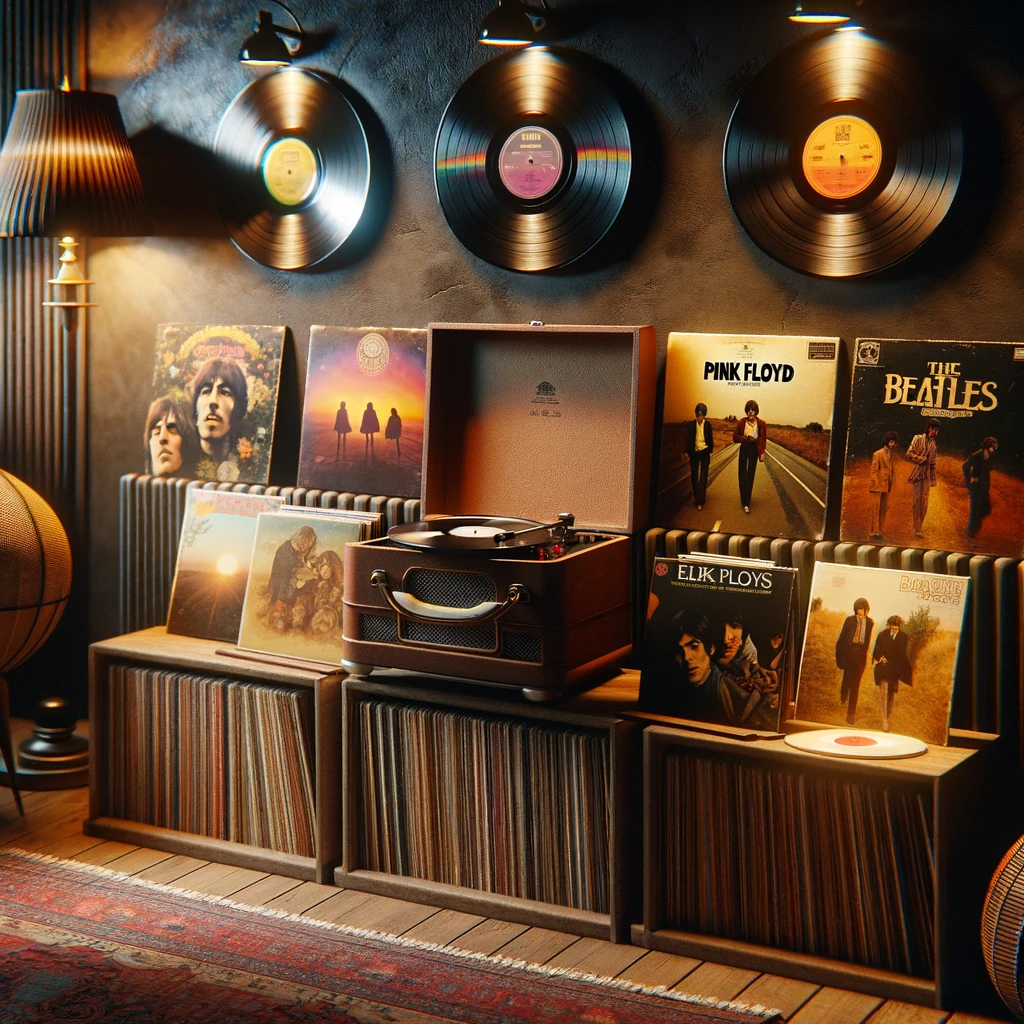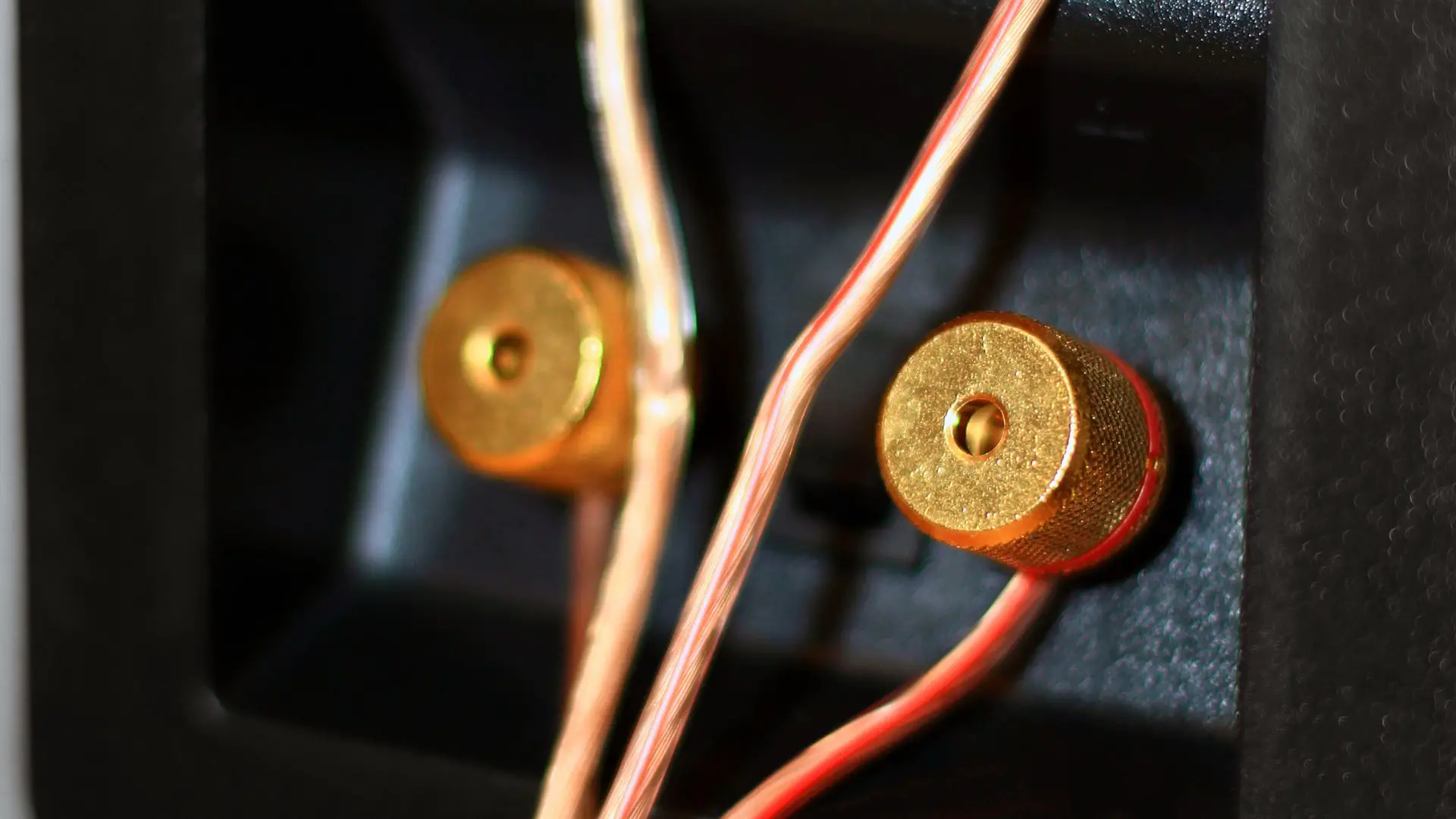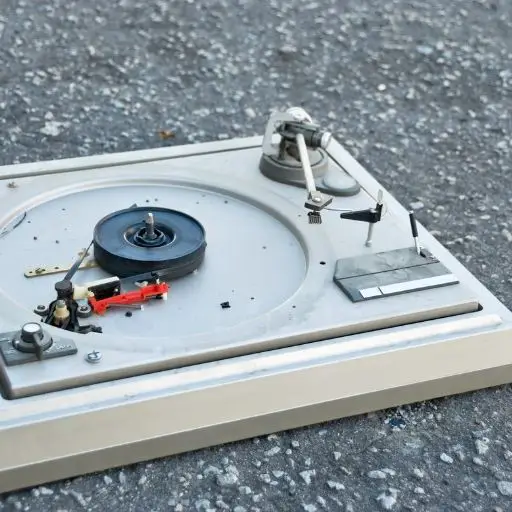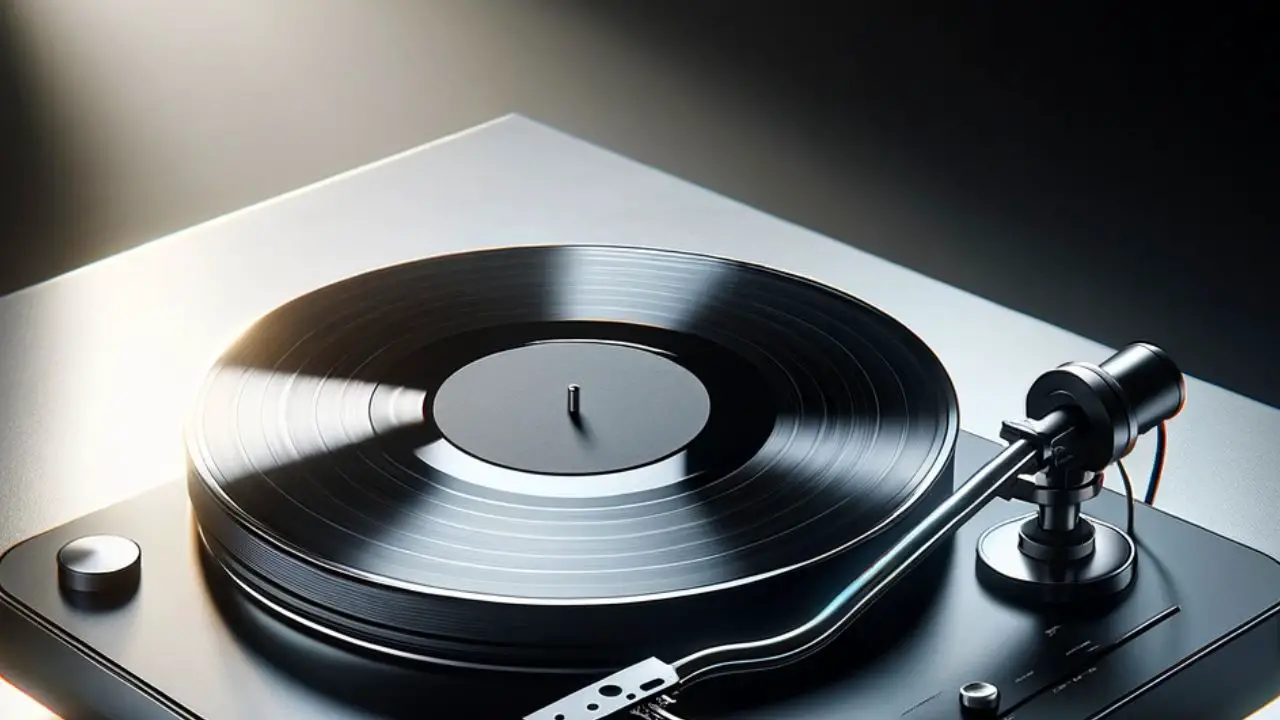If you’re a music lover and a collector, you might be interested in knowing which vinyl records are worth the most money. Vinyl records have made a comeback in recent years, with sales increasing year after year. In 2021, vinyl album sales reached 41.72 million, up 51.4% from the previous year, marking the 16th consecutive year of growth.
While some vinyl records are worth only a few dollars, others can fetch tens of thousands of dollars at auction. The value of a vinyl record depends on a number of factors, including its rarity, condition, and popularity. Some of the most valuable vinyl records include rare pressings of albums by The Beatles, Pink Floyd, and Elvis Presley, as well as limited-edition releases and promotional copies. If you’re lucky enough to own one of these rare vinyl records, you could be sitting on a small fortune.
The Rarity Factor
Vinyl records that are worth the most money are often rare and hard to find. The rarity of a record is determined by a variety of factors, including limited edition releases, misprints and errors, and promotional records.
Limited Edition Releases
Limited edition vinyl releases are often highly sought after by collectors. These records are typically released in small quantities and are often numbered to indicate their limited availability. Limited edition releases can include colored vinyl, picture discs, and special packaging, among other features.
Misprints and Errors
Misprints and errors can also contribute to the rarity of a vinyl record. These can include mistakes in the printing of album artwork or labels, as well as errors in the pressing of the vinyl itself. Some misprints and errors can be highly sought after by collectors, particularly if they are unique or particularly rare.
Promotional Records
Promotional records are often distributed to radio stations, music journalists, and other industry insiders as a way to promote new releases. These records can be highly collectible, particularly if they feature exclusive tracks or unique artwork. Promotional records can also include test pressings, which are often produced in very limited quantities and are used to test the sound quality of a new release.
The rarity of a vinyl record is determined by a variety of factors, including limited edition releases, misprints and errors, and promotional records. Collectors should be aware of these factors when searching for rare and valuable records, as they can greatly affect the value and desirability of a particular release.
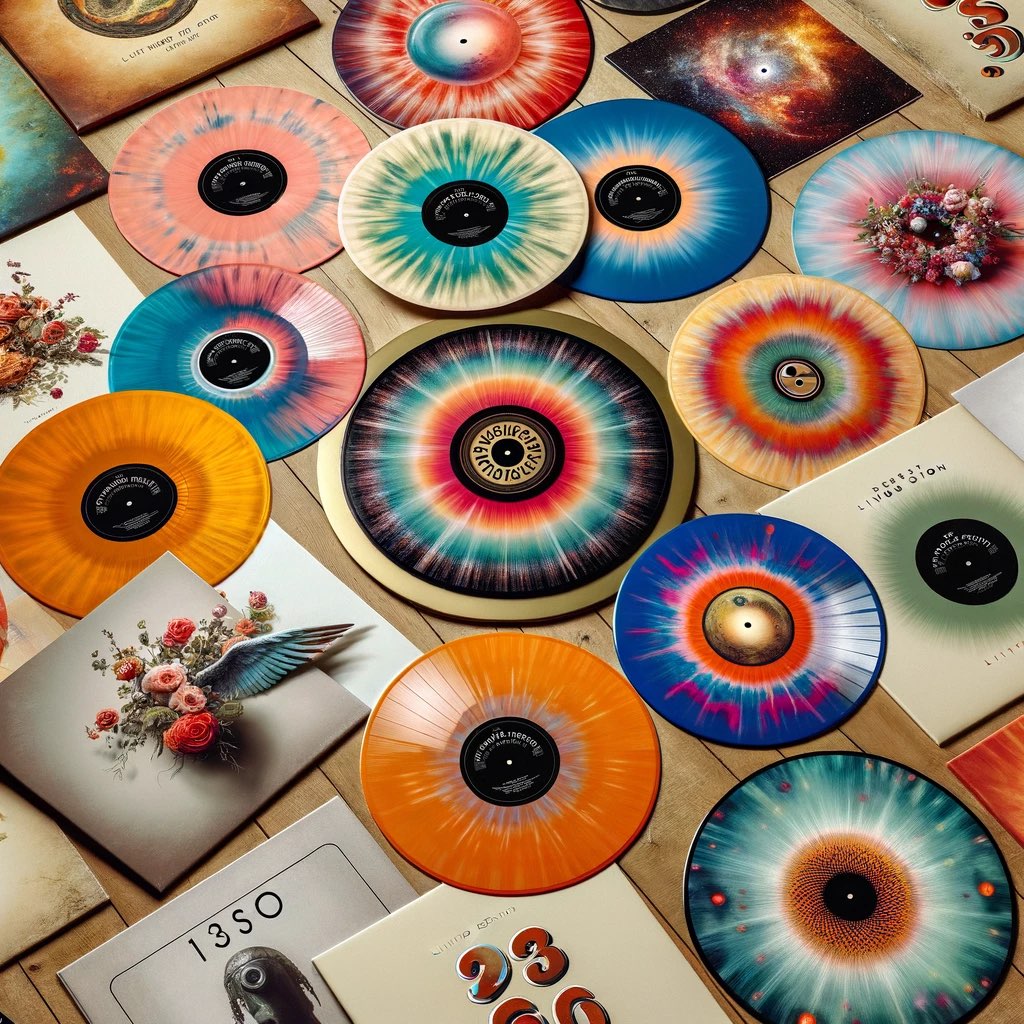
The Condition of the Record
When it comes to determining the value of a vinyl record, the condition of the record is one of the most important factors to consider. The better the condition of the record, the more valuable it is likely to be.
Mint Condition
A vinyl record in mint condition is one that looks and sounds like it has never been played before. It should be free from any scratches, scuffs, or other signs of wear and tear. The sleeve or jacket should also be in pristine condition, with no signs of creasing, tearing, or other damage.
If you have a vinyl record in mint condition, it could be worth a significant amount of money. Collectors are always on the lookout for records in this condition, especially if they are rare or hard to find.
Poor Condition
On the other end of the spectrum, a vinyl record in poor condition is one that has been heavily used and shows signs of wear and tear. It may have scratches, scuffs, or other damage that affects the sound quality of the record. The sleeve or jacket may also be damaged, with creases, tears, or other signs of wear and tear.
If you have a vinyl record in poor condition, it is unlikely to be worth much money. Collectors are generally not interested in records that are heavily damaged, as they are more interested in records that are in good condition and sound great.
Historical Significance

Vinyl records have been a popular way to listen to music for over a century, and some of the most valuable records in the world are also some of the most historically significant. Here are a few examples of vinyl records with historical significance:
First Pressings
Vinyl records that were produced during the first run of an album are often more valuable than subsequent pressings. This is because first pressings typically have better sound quality and are considered to be more authentic. For example, a first pressing of The Beatles’ “Please Please Me” album sold for over $35,000 in 2015.
Autographed Records
Vinyl records that have been signed by the artist or band are also highly sought after by collectors. These records are not only valuable because of their rarity, but also because they offer a unique connection to the artist. For example, a copy of Elvis Presley’s self-titled debut album that was signed by the King himself sold for $25,000 in 2015.
In addition to first pressings and autographed records, there are many other factors that can contribute to the value of a vinyl record. These include the condition of the record, the rarity of the album, and the demand for the music. If you are interested in collecting vinyl records, it is important to do your research and learn as much as you can about the history and significance of the records you are interested in.
Genre and Artist Influence

Vinyl records are not just a medium for listening to music, but they are also a valuable collectible item. The value of a vinyl record depends on various factors such as the artist, genre, rarity, and condition. In this section, we will take a closer look at the influence of genre and artist on the value of vinyl records.
Classic Rock Albums
Classic rock is a genre that encompasses a wide range of music styles from the late 1960s to the early 1980s. Classic rock vinyl records are some of the most valuable records in the market. The Beatles, Pink Floyd, Led Zeppelin, and The Rolling Stones are some of the most popular classic rock bands whose vinyl records are highly sought after. The Beatles’ White Album is one of the most valuable vinyl records of all time, with a recent sale price of $900,000. Led Zeppelin’s self-titled debut album and Pink Floyd’s Dark Side of the Moon are also highly valuable.
The condition of the vinyl record is crucial when it comes to classic rock vinyl records. Records that are in mint condition, with no scratches or scuffs, are the most valuable. Additionally, the presence of original inserts or posters can also increase the value of the record.
Jazz Albums
Jazz is a genre that originated in the early 20th century and has since evolved into various sub-genres. Jazz vinyl records are highly sought after by collectors due to their historical significance and the influence of jazz on modern music. Albums by jazz legends such as Miles Davis, John Coltrane, and Charlie Parker are some of the most valuable jazz records.
The rarity of the jazz vinyl record also plays a significant role in its value. For example, Miles Davis’s Kind of Blue is one of the most valuable jazz records of all time due to its rarity and historical significance. The album was recorded in just two sessions in 1959 and features some of the most influential jazz musicians of all time.
The genre and artist of a vinyl record can significantly impact its value. Classic rock and jazz are two genres that have produced some of the most valuable vinyl records of all time. The rarity and condition of the record are also crucial factors that determine its value.
Top Valuable Vinyl Records
If you’re a vinyl collector, you might be interested in knowing which records are worth the most money. Here are two of the most valuable vinyl records that you should keep an eye out for:
The Beatles’ ‘White Album’
The Beatles’ self-titled album, commonly known as the “White Album,” is one of the most valuable vinyl records out there. Released in 1968, the album features a plain white cover with the band’s name embossed in raised lettering. Some copies of the album were numbered, making them even more valuable.
According to ValueYourMusic, the most valuable copy of the “White Album” sold for $790,000 in 2015. This copy was numbered 0000001 and was in pristine condition. Even copies without a low number can be worth a lot of money. For example, a copy of the “White Album” with the number 0000023 sold for $30,000 in 2018.
Elvis Presley’s ‘My Happiness’
Elvis Presley’s first-ever recording, “My Happiness,” is another valuable vinyl record. In 1953, Presley paid $4 to record two songs at the Memphis Recording Service. He recorded “My Happiness” and “That’s When Your Heartaches Begin” on a 10-inch acetate disc.
According to Work + Money, a collector named Jack White purchased the only known copy of “My Happiness” for $300,000 in 2015. White later reissued the recording on vinyl, making it available to the public for the first time.
If you’re lucky enough to come across a copy of the “White Album” or “My Happiness,” it could be worth a lot of money. However, keep in mind that the condition of the record is crucial in determining its value. A record in poor condition will not be worth as much as one in excellent condition.
How to Determine the Value
If you’re looking to determine the value of your vinyl records, there are several factors to consider. Here are some steps you can follow to determine the value of your vinyl records:
- Identify the Record: Start by identifying the specific record in question, including the artist, album title, and catalog number. Most albums have been issued more than once, resulting in different release versions. To determine the value of your record, you must first identify it. Websites like Discogs and ValueYourMusic can be helpful in identifying your vinyl record and its value.
- Check the Condition: The condition of the record is an important factor in determining its value. Records that are in excellent condition, with no scratches or visible wear, are more valuable than those that are scratched or damaged. Check the vinyl for any visible scratches, scuffs, or warps. Also, check the cover for any signs of wear and tear, such as creases, tears, or discoloration.
- Rarity: The rarity of the record is also a key factor in determining its value. Records that were produced in limited quantities or were only released in certain regions can be more valuable than those that were widely produced. Check the label and cover for any indications of rarity, such as limited edition numbers or import markings.
- Demand: The demand for a particular record can also affect its value. Records that are highly sought after by collectors or have a cult following can be more valuable than others. Check online marketplaces like eBay and Discogs to see what similar records are selling for.
- Historical Significance: The historical significance of a record can also impact its value. Records that were part of a significant cultural moment or have a unique backstory can be more valuable than others. For example, a record that was signed by a famous musician or was part of a historic performance can be worth more than a standard pressing.
Keep in mind that the value of records can fluctuate over time, so it’s important to stay up-to-date on current market trends and demand.
Preserving Your Vinyl Records
If you’re lucky enough to own valuable vinyl records, you’ll want to take good care of them to ensure they retain their value. Here are some tips to help you preserve your vinyl records:
Storage
Proper storage is crucial to keeping your vinyl records in good condition. Here are some things to keep in mind:
- Store your records vertically to prevent warping.
- Keep your records away from direct sunlight and heat sources.
- Use inner sleeves to protect your records from dust and scratches.
- Use outer sleeves to protect the covers from wear and tear.
Handling
Handling your vinyl records properly is also important. Here are some tips:
- Always handle your records by the edges or the center label.
- Avoid touching the grooves with your fingers.
- Keep your records clean by using a carbon fiber brush before and after each play.
- Never stack your records on top of each other.
Cleaning
Regular cleaning can help keep your records in good condition. Here are some tips:
- Use a record cleaning solution and a microfiber cloth to clean your records.
- Avoid using water or household cleaners, as they can damage the vinyl.
- Clean your stylus regularly to prevent buildup of dust and debris.

